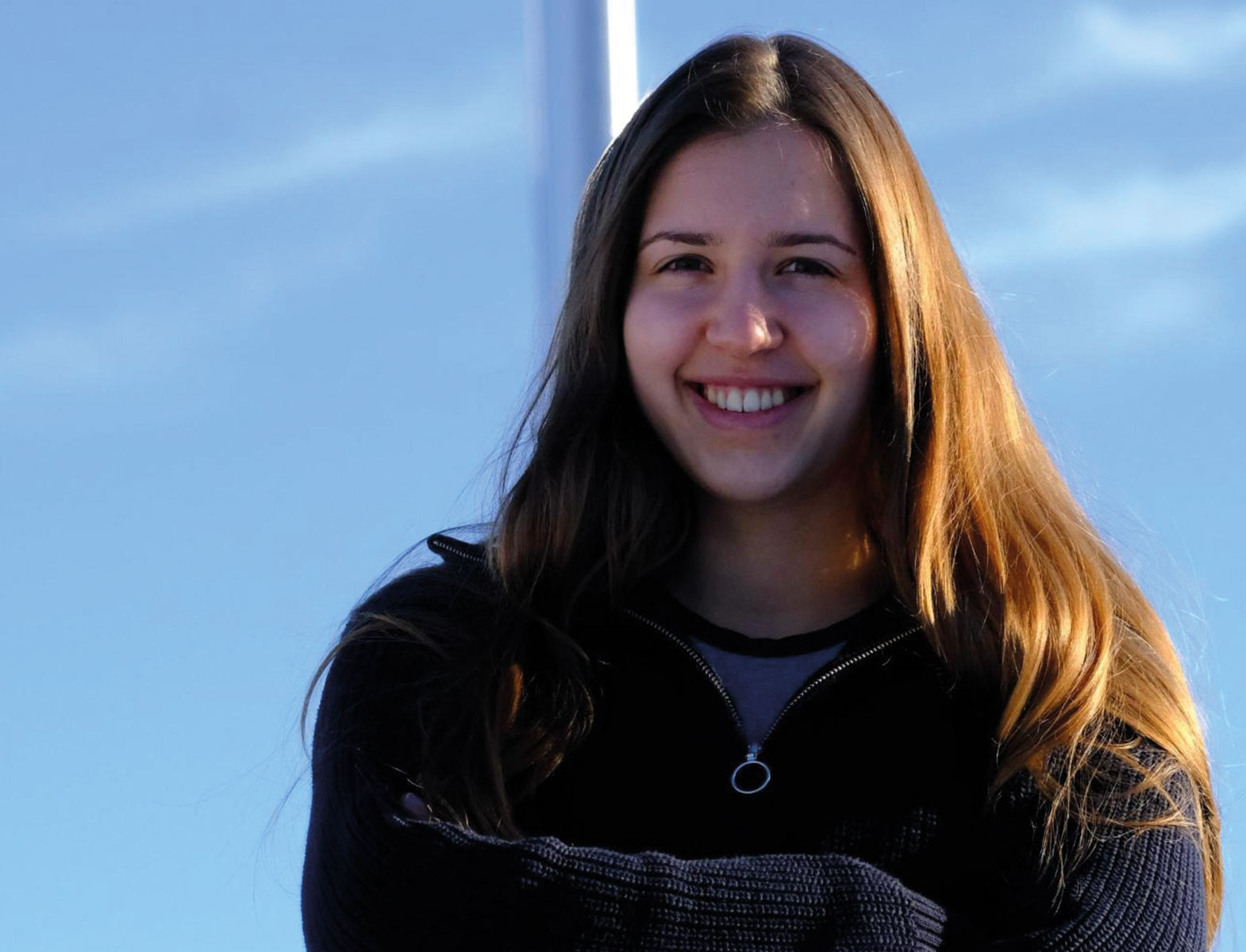Ms. Schedlich, you are a student of mechanical engineering at TU Berlin and the youngest Bündnis 90 / Die Grünen representative in the Berlin House of Representatives. What led you to get involved in politics and why is it so important that young people in particular join political debate?
I first got the idea to get involved politically while I was still at school. My school friends and I had a lot of ideas about the changes we wanted to see. After finishing school, however, no one is interested anymore in what happens in schools. If no one fights for change, everything will just stay as it is. So, I began finding out how I can get actively involved in politics and came across Grüne Jugend, the youth organization of the Green Party. Anyone up to the age of 28 can take part in their meetings. I also quickly got involved in the work of the parent party Bündnis Grünen. It is important for me that more young people have the chance to decide what happens in politics. This is the only way that their interests will be taken into account. As spokesperson for youth affairs, there are two things that are really important for me: lowering the voting age to 16 and developing a youth strategy for the whole of Berlin.
In your opinion, which political action in the area of climate change and climate protection has priority for the Berlin-Brandenburg region?
Many measures need to be introduced at a political level in Berlin and Brandenburg to stop climate change. Most important is to develop renewable energies. We still have many spaces and roofs which could be used for solar power. Solar plants also need to be integrated into new buildings from the very beginning. Energy production is one of the main causes of CO2. This is why good thermal insulation is essential when constructing homes. Individual car use also plays a role in climate change. However, the mobility turnaround is also a socio-political issue, as we wish to achieve greater spatial justice. We need a well-connected and safe bicycle network in Berlin so that fewer people are dependent on their cars and can get around emission-free. Then there is the importance of expanding public transport to connect outlying districts with the city center more quickly. We also need to implement a zero-waste strategy in Berlin to avoid waste.
What personal experiences do you associate with climate change?
The impact of climate change can be seen all over the world; here in Berlin, too, of course. Forest fires, floods, and storms have been dominating the headlines for years. The threat we face is real! Personally, I associate climate change with the anxiety regarding the future felt by a whole generation; a fear that will be shared by the coming generations as well. Children and young people can no longer build a carefree future like their parents and grandparents, because the intensity of the effects of climate change is still uncertain. This is reflected in protest movements like Fridays for Future. This is a global movement that brings together school students from very different backgrounds. I am really happy to see that young people are getting involved and want to take action themselves to stop climate change. Time is running out and they can no longer wait for adults to finally do something. I can still clearly remember my first Fridays for Future demo. It was a truly emotional but also empowering experience for me.
The Interview was conducted in February 2022.
Picture: Kasimir Heldmann


